Transcript of the 2015 MLK Legacy Banquet speech by Juan Williams, political analyst and author
- February 3rd, 2015
- by admin
- in Uncategorized
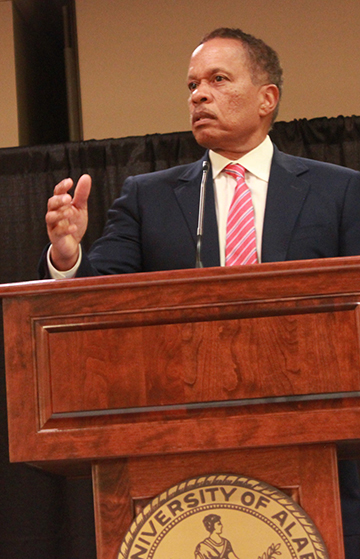
Thank you so much, Dr. Mullins. What an introduction! Goodness gracious, the only thing you missed was, you could have said Juan was his high school valedictorian. So what if I was home schooled? You didn’t have to tell them that.
But seriously, thank you all so much for coming out tonight. Thank you so much for inviting me to be your Martin Luther King, Jr. Realizing the Dream Legacy Banquet speaker, here at The University of Alabama. I really look forward to the award ceremony. To those who are getting the dream awards — the courageous activists of today. For the people who have been in the trenches and achieved so much, who tonight will be honored with these awards, I look forward to being here for that moment with all of you.
I gotta also tell you it’s great to be here, because it warm in Tuscaloosa. And brother, if you were in D.C., you’d know about cold these days. It’s been freezing. You’d know how cold it was just by looking at the politicians. They’re walking around with their hands in their own pockets.
And of course, I love Southern hospitality. I was told I could not stay here at the Capstone. It was sold out. Ya’ll got a big basketball game against Kentucky coming up. Roll Tide. But I’m just telling you, I couldn’t stay at your great hotel. But they put me in a nice hotel, they put me in the Hilton Inn. It was pretty nice. And I was saying to the folks at the dinner table tonight, I’m gonna have a hard time checking out. Because at the Hilton the towels are so fluffy, I’m not gonna be able to close my suitcase.
It was really nice to be an outsider with that Southern hospitality as I experienced it as a visitor here at the Capstone Hotel. Dr. Mullins was so kind in his introduction. He didn’t say NPR fired me, he didn’t get into that, and I appreciate that. But when I used to work at NPR, and I’d come to events like this and meet people, they would say all the time, “Well, isn’t it great to meet you, it’s nice to be able to put a face with the voice that I hear on the radio.” I’d think to myself, “Oh, well, I didn’t know what you looked like either.” So now I work at Fox, and I come to events like this, and it’s so different, you know, because people say, you’re taller, you’re shorter, you’re fatter, you’re skinnier, thank God for makeup in some cases. The other day a lady said to me, “Wow it’s great to meet you. I finally get to put a body with the talking head.” I’d never heard that before. A body with the talking head? I thought to myself, I hope she likes the body.
This is such an important moment. I had other opportunities, but I really wanted to be with all of you tonight here at The University of Alabama. I just thought, this is the place to be, to truly celebrate Dr. King’s 86th birthday. And I think what all of you are doing here, the good work that you’re doing, the awards that are being given tonight, that truly is a reflection of Dr. King in this time.
You know, I think about the idea of a living Dr. King. Living, of course, in all of life’s actions, but also just as an act of imagination. If there was a living Dr. King, 86 years old, that’s not that old. If you stop and think about it but Nelson Mandela, who died last year, was older than that. Castro, still alive, is older than that. First President Bush, older than that. So you come to understand, there could be a living Dr. King. But in fact Dr. King’s been gone now, 47 years, since 1968.
You heard Dr. Mullins talking about how it was 51 years ago that he won the Nobel [Peace Prize] in 1964. Fifty-two years now, since 1963 and the “I had a Dream” speech. So there are lots of people in this room who never knew the living Dr. King. In fact, if you stop and think about it, a quarter of the American population today is under the age of 18. They really never knew the living Dr. King. They had no idea that when Dr. King is in Montgomery, when he comes to take over the Dexter Avenue Baptist church, he’s 25 years old, he’s a young guy. But in so many minds Dr. King, the iconic figure, is an older man. Isn’t that kind of funny? Because he’s just 39 when he dies. But again, this is how history plays in memory and how it’s reflected in who we are and the people who are telling, learning, interpreting the history.
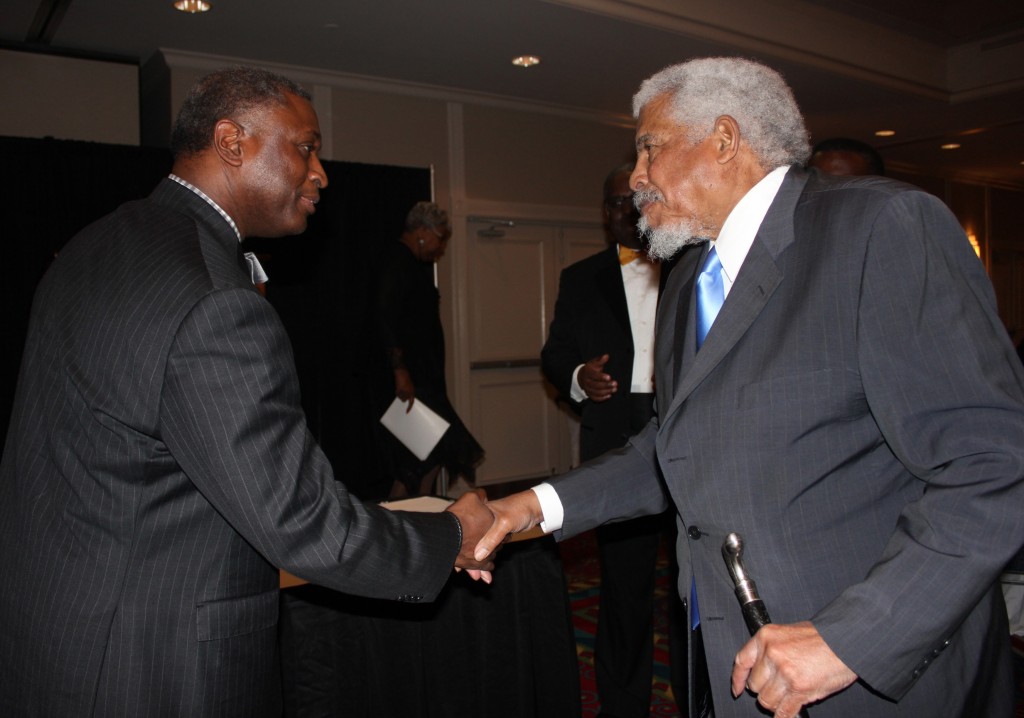
So we have so many young people today that they somehow see Dr. King in their mind’s eye as this elderly man. It’s why, I think, that there’s so much controversy about this movie “Selma.” Because so many people are being introduced to the living Dr. King and saying, “Is that what he was like? Is that what Dr. King was like? Is that what the movement was like? And then they have to hear questions about is that a historical distortion or a historical reality?”
I personally know how history impacts people. You heard a few moments ago about a book I wrote called Eyes on the Prize [Eyes on the Prize: America’s Civil Rights Years, 1954-1965, Viking Press, 1987). They put out a special 25th anniversary edition of Eyes on the Prize. I gotta tell you, that’s pretty much amazing to me that anything I wrote could last for 25 years, be in print 25 years, sell half a million copies. I’m just like, wow, I had no idea. But what I have learned from the experience of being the author of that book is that history changes as people change. Because people use history’s inspiration, but they also use it to define themselves. They take identity from what took place in the past and, of course, history is the basis of memory and tradition. Even for me, as the author, the history never sits still.
I’ll tell you this is such an extremely personal thing that’s so odd, but this Christmas I was at the White House for the White House Christmas party, and I was upstairs talking with folks, and someone came over to me and they said, “Hey, I just saw your book in the White House Library.” And I said, “Really? What book?” And they said, “I don’t know, it was one of your books.” I thought, Nah, I don’t even think that guy knows who he’s talking to, he must think I’m somebody else.
So on the way out, I was going to the coat line and the library was right there and I thought you know, just let me go in there and look, and so I looked and I couldn’t find any book with my name on it, but sure enough, the man who had said that to me was standing there and he said, “Oh, did you see your book?” And he pointed right at Eyes on the Prize. And I gotta tell you, that is a humbling moment, to realize a book you’d written is in the White House library. I’m like, wow.
I’ll tell you something else about this book that just — I don’t even know how to explain it — but when Nelson Mandela was getting out of prison, The Washington Post sent me to South Africa. So I’m there writing about a nation in the midst of tremendous racial transformation, and I very much want an interview with Nelson Mandela. But, of course, all of his aides, all of the folks with the ANC (African National Congress) say, you know, that’s not possible. We’ve got endless numbers of journalists from all over the world. At the time, we had Brokaw (Tom), and Dan Rather, and Peter Jennings, you know, those kind of lead American anchors, and they were just one among the many journalists from all over the world, clamoring for a moment of Mr. Mandela’s time. So I was told there is no way that you can get an opportunity to speak with Nelson Mandela.
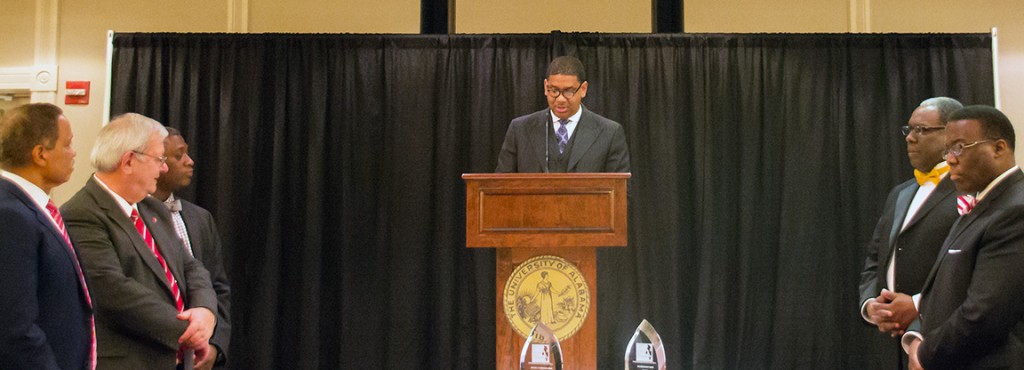
And a few days later, one of the aides comes up and says, “You know what, Mr. Mandela saw your name on a list, and he read your book about the American Civil Rights movement, and he’d like to meet you. So we’re gonna put you in a line of dignitaries to at least shake his hand.”
Well I couldn’t believe it, it’s unbelievable. So I end up shaking hands with Nelson Mandela. But if you know me, you know I’m a persistent cuss, and I wouldn’t let go of his hand. I said, “Mr. Mandela, we in the United States have been through so much on race, and you are such an inspiration to so many people, especially young people. They would love to hear your story. Could I please have an interview?
For those of you who are familiar with that television program “Showtime at the Apollo,” you know when they had a bad comic they literally bring out a hook and they’d start to pull that guy off the stage. Well, that’s what it looked like, cause I was holding Mandela’s hand, his aides are ripping my jacket, you know. So I let go, but then just as I was about to hit the door, Mandela said, “Well, you know, wait a second, you’re a writer, and I don’t have a personal secretary. If you’re willing to write some notes, you can hang around and I’ll talk to you when I can.”
I said, “Absolutely, that’s a deal.” So I ended up writing some silly notes. Things like, Thank you, Conrad Gorbachev, great to be out, hope to see you soon. Love, Nelson. You guys laugh, but I got my interview, I’ll tell you that.
Now, with Eyes on the Prize being 25 years old, I run into a generation of people, several generations, in fact, who’ve told me, “I read your book in high school. I read that book in college. I saw the documentary when it first came out.” And the thing about it, the shocking thing, is these college and high school students keep getting younger. More than a few of them these days, they say, “Were you in the Civil Rights movement?” And I say, no. Not at all. And then, again, just so much to learn, even as the author of the book, because young people bring new eyes to the story itself.
You know, back in 1988 when the book was published, so many of the people who were excited about it were people who had been in the Civil Rights Movement, on the front lines. And they were just thrilled to see their story finally being celebrated. That someone was telling their story. And then next, I would meet people who would tell me, that they were the children, in some cases the grandchildren, of people who were in the book and documentary. And they would tell me also, Oh, you know, I came across your book because I had to write an essay on the Civil Rights Movement, and I discovered that my aunt is in the book. It’s just incredible. And I was thinking, now we’ve gone from people who took part in it to people who were their children.
So, you never stop learning and I think one of the best things about being a writer is that you’re always learning, you’re always getting new information. But it’s the idea that now you can be talking to people who are great-grandchildren. You know, one of the big differences, by the way, is that when the book first came out it was successful, but I think it was mostly in the black community. Today America is so different, diverse. I mean, you’ve got the second largest minority in the country is Hispanics. And when they come to Eyes on the Prize, they come to it with whole different set of thoughts, imperatives, needs, in terms of identity and inspiration and reason. It just changes the whole take that I have on what the book means. But, let me give you a sense of this by telling you about the most frequent questions I get asked about Dr. King and the Civil Rights movement.
Going back to people who were alive during that time, during the kind of stellar years, ’54 to ’65. You’d be surprised at the number of people who say to me, “I didn’t know all that was going on.” They say that they just doubted events so historic, traumatic, dramatic occurred while they were at the drive-in, at the prom, the ballgame. One lady said she had pimples, she didn’t know all this was going on. I’m like, “Really?”
That reminds me that so often white people will say to me, even today, you know, “Before I read Eyes on the Prize I’d never read a history book that included so much about black people in the Civil Rights era.” Now they say, “I think it’s more common to find that in a standard American history book,” but for young whites, oftentimes they just had to come across this material. Now, when people say to me, they didn’t know all this was going on, it depends, in large part, on whether they are black or white. I hear this more often from older white people. But, sometimes, this leads to a second level of questions that comes from people, younger people, who are both black and white. And that is, they say, “Is that really true? Is that really true?” And just the way you heard [in Dr. Mullins’ introduction] about black and white workers not being “to look out of the same window” at the factory. “Is that really true?” So, what is that they’re asking “Is that really true?” about? Let me give you some examples.
People will say to me, “Is it really true people voted against the 1964 Voting Rights Act? Who could vote against that?” I say, “No, people voted against it.” People say, “Is it really true that Jackie Robinson and black athletes would get booed because they were black? That people would go into second base with their spikes up, intending to cut them? And curse them out?” Yeah, that’s true. People shake their head, they can’t believe it. One lady said to me, “Is it true Nat King Cole got beaten on a stage in Birmingham because people thought he was singing love songs to white women?” I said, yeah, that’s true. [They reply] “That’s true? Can that really be true?”
I’ll give you another version of this. Again, so much of this comes from young people, today’s generation. They say, “Was it really that bad?” When they read about Rosa Parks in Montgomery, this often comes up. They say, “You know, so she had to move to the back of the bus, but was it really that bad?” And I say, “Well, you don’t understand, Rosa Parks had to get on the front of the bus to pay her fare, then get off. And she was only supposed to enter the bus through the rear entrance. And then she’s in a seat and as more white people get on, she has to move farther back.” And they say “No, is that really true? Could it really have been that bad?”
The other day, a yound woman said to me, “This business about black people in a department store not being able to try on shoes, hats and dresses.” Oh, I’m glad I have a witness. I should bring her in with me. So in the book I explain how the theory was that white people wouldn’t want to buy a pair of shoes or a hat or a dress that a black person had had on. She said, “Was it really that bad? Is that right?” Or, when they come across the text that deals with Kenneth Clark the psychologist, doing a doll’s test on black and white children, and the black children choosing the white doll as the pretty doll, the smart doll, and then looking at the black doll and saying that black doll is ugly and dumb and an “n-word” like me. They say “Is that true?” I say, “You don’t understand the damage that was done.”
Now, I tell you about these questions because I think they reveal so much about how people take history in and how history changes with time and how people make history a personal journey. So let me tell you about another question that comes up with regard to Eyes on the Prize.
When I was doing the research for Eyes on the Prize, maybe the most frequent question I would get when I called someone up to say “I need to come visit with you to talk about the Civil Rights Movement,” and in some cases, right here in Tuscaloosa I can tell you, but certainly in Alabama, the most frequent question I would get on the other end of the phone line was, “Why do you want to talk to me?” And I’d say, you know, I’d explain the situation, “you were there, you were working with this organization and I’d very much like the opportunity to come speak with you.” And they’d say, “Oh, you really don’t want to come talk to me, you know, you want to go talk to this certain person here and this certain person there.” And, sometimes, I would end up talking with their kids, and their kids would say, “Oh, I didn’t know she was involved with that.” And I’d say, “yeah.” I’d say, “You know, you should check the attic and the basement because I think she’s got some historical documents hidden away, but she’s not telling you she was involved.”
I must tell you, the other side of this is, I think what is about 200,000, maybe 250,000 people were at the great march on Washington in 1963. So the other side of people saying, “Oh, I wasn’t there, why do you want to talk to me?” is the people who now must have been with the 10 or 20 million who were at the great march on Washington who want to tell me, “Oh yeah,” they were right there, they were in the front row with Dr. King.
So you get all these distortions of history over time. Another thing that comes up with young people today is they say, “Oh, so who is the next Dr. King?” They have this great man myth of the Civil Rights Movement as if Dr. King was everywhere and doing everything at all times. So when I say to them that the reality is that all kinds of people made the Civil Rights Movement, made American history, to them it’s like, “Well, no,” they don’t want to hear that. They can understand it as one man. It’s hard for them to understand that you’ve got a Medgar Evers, a Fannie Lou Hamer. It’s hard for them to understand you’ve got a Jo Ann Robinson, a Barbara Johns, a Diane Nash. They don’t get that. They’d prefer that it be a simple, very simple story.
It’s like violence. You know, if you’re making a movie, violence, sex, that sells, that keeps people’s attention. So one of the things that people are just fascinated with, when it comes to the Civil Rights movement, is violence. They say, “Boy, that was violent, wasn’t it? Did you see those dogs? Did you see those firehoses? Did you see them lashing him?” I say, “You know, it’s so interesting, what strikes me as an author is the power of nonviolence. I say, “If it’s a matter of violence, white people have far more guns.” No, I think it was the power of people who were willing to sacrifice, stand up, go to jail, speak God’s truth. That’s the greatest power. Not violence.
So, that leads people, and again, this just tells you about how history changes, that leads people in this day and age, 2015, to say to me, as the author of the book, they come up to me and they say — even tonight, one of the journalists interviewing me before this dinner, “Do you think we’re in an era that’s just like the Civil Rights era?” And she was talking about Ferguson and Michael Brown. She’s talking about what happened in New York, with that man being choked to death by the police. She’s talking about Trayvon Martin. And I hear this all over the country because people want this period now to be just like it was in the heroic days of the Civil Rights era.
And I say, “Well, no, it’s not quite. You don’t understand what people lived through. You don’t inderstand how difficult a time it was that people were able to somehow find a way when there was no way in the ’50s and ’60s in this country. And we are blessed today in so many ways. I say, “When Emmett Till in Mississippi, there was no black attorney general; there was no black president. The man who ran the New York Times was not a black man.” That’s the case today. The world has changed. Levels of education attained, levels of opportunity. We have a different set of problems, we have tremendous economic inequities. We have criminal justice inequities. It requires our constant vigilance and attention. We have our own generational fights to contend with. But it’s not necessary to say that we’re back where we were 50 years ago.
My father would laugh at that idea. That somehow his son could be invited to speak at The University of Alabama for the MLK award. It just wouldn’t have happened. So we can take inspiration from what people have gone through, from the waters that have parted, but we don’t have to imagine that we are back in Egypt. I’m just saying. I think in some ways, it’s a refusal to see progress. Because I think people would prefer a simple story, rather than the very complicated story of race in America today.
Now let me just tell you, the most frequent question I get about this book. The number one question is, Juan, Why is that book called Eyes on the Prize? And I tell them, one, I guess you don’t go to church much. But the second thing I tell them is it comes from an old gospel song. And I’m no singer, but let me just tell you what caught my attention when I called this book Eyes on the Prize was the verse that goes, “Keep your eyes on the prize, hold on, hold on. I know the one thing I did right was the day I started to fight, hold on.”
And we’re talking here about God-given inspiration and purpose and a sense of identity, with the great hereafter. With larger purpose and mission in life. And understanding that our lives are here for others. Understanding that, as Dr. King said, “Darkness can’t drive out darkness; hate can’t drive out hate. Only light can drive out darkness; only love can drive out hate.”
Coming back to Dr. King, when you talk about a principle like nonviolence, you’re not saying that you’re automatically going to change the person who’s hateful, the person who’s racist, the person who is contemptuous of you. No, what we’re talking about, first and foremost, is that YOU will be changed. That YOU will have a greater sense of dignity and purpose, and a sense of your own power to control your life because you choose a path of nonviolence and Christian conscience. That gives you power. And then, with that example in front of you, you hope that others might be moved and see that their lives too can be transformed. That you can build community, that you can build this legacy event at The University of Alabama, as a light to all.
So that’s why when you see young people coming to a book, old people celebrating a book, you come to understand that it’s not about the book. It’s about the living, it’s about generations, it’s about inspiration. And that’s why I thank all of you for inviting me here tonight to be inspired by the winners of these awards, people who are making Dr. King come to life in Tuscaloosa and at The University of Alabama in 2015.
Thank you very much.

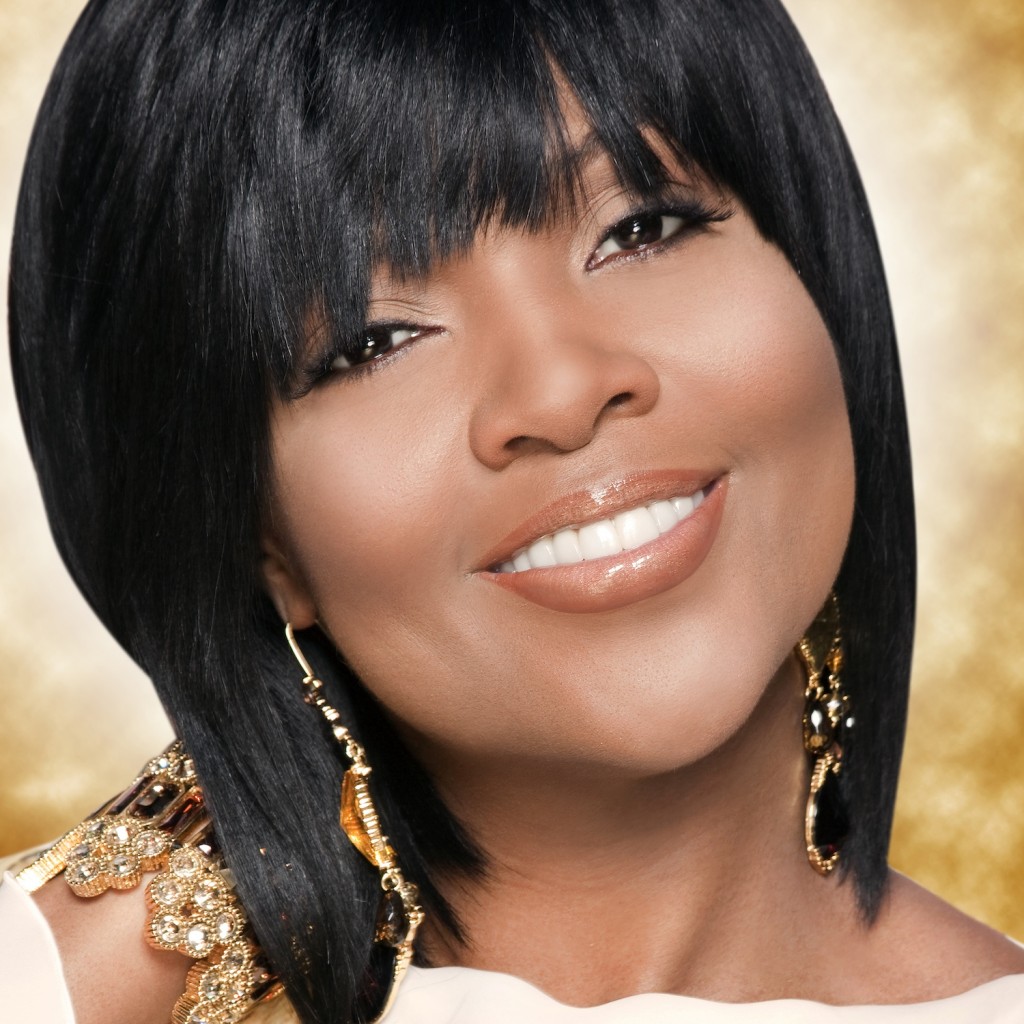
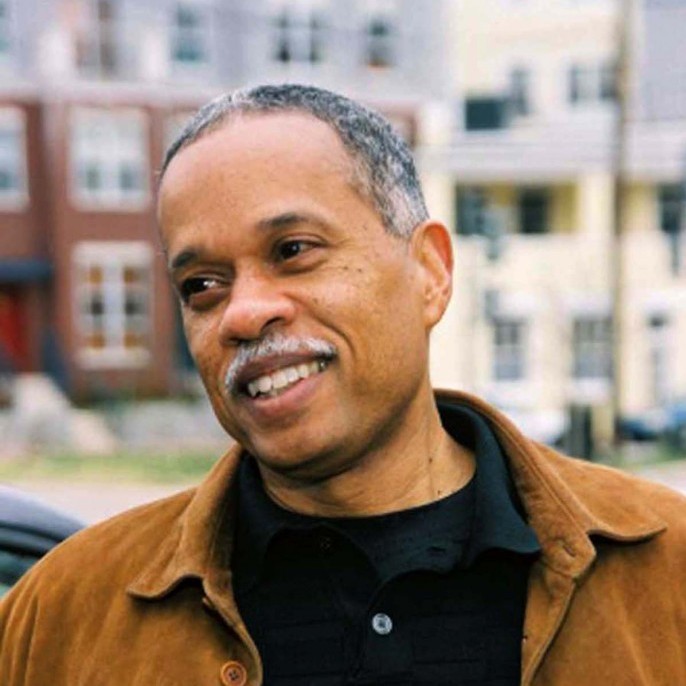
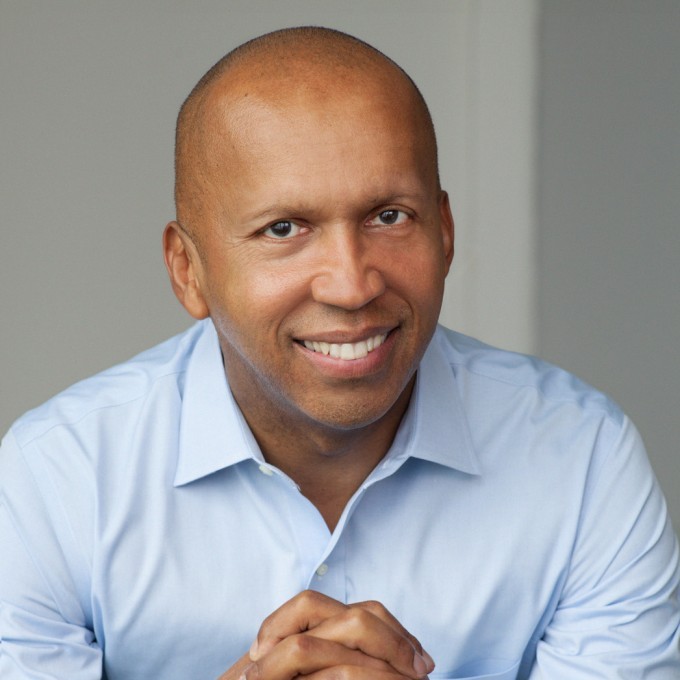
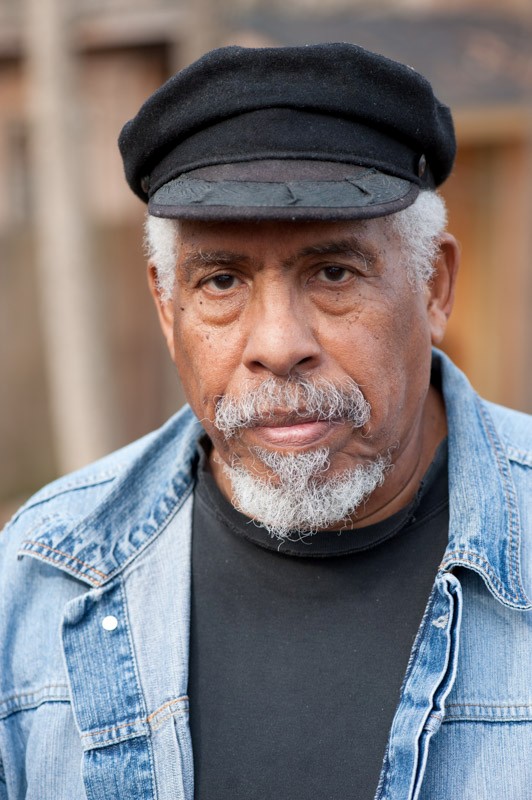
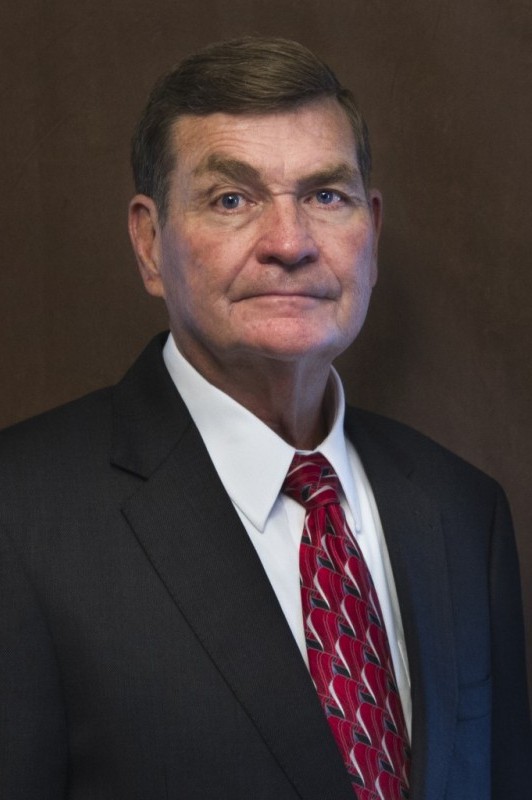
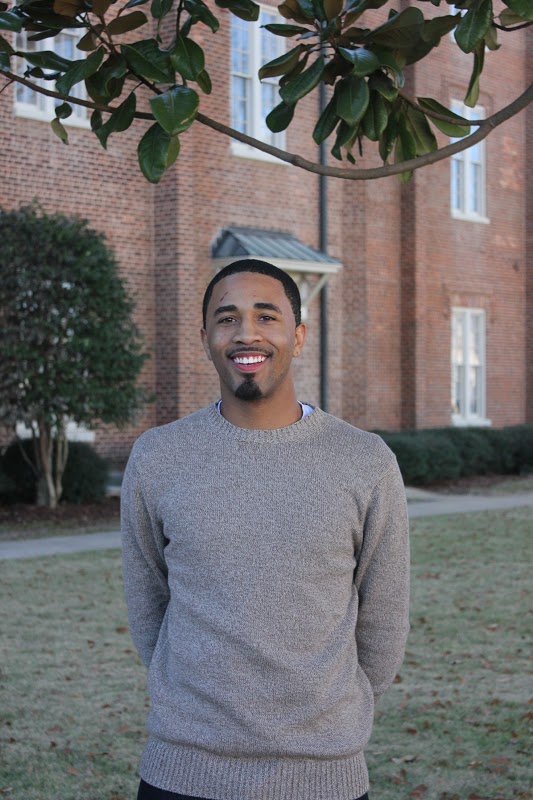
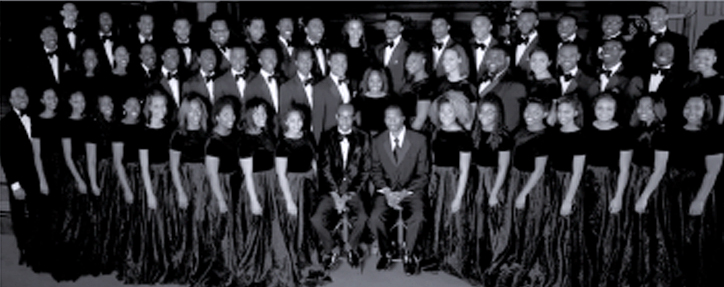
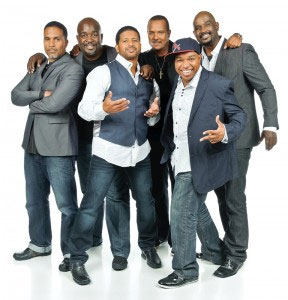 TUSCALOOSA, Ala. – The singing ensemble Take 6 and the Aeolians of Oakwood University will highlight the 24th annual Martin Luther King, Jr. Realizing the Dream concert at 7:30 p.m. Saturday, Jan. 19, in the Concert Hall at The University of Alabama’s Moody Music Building. Tickets for the event are $15 and may be reserved by calling 205/348-7111.
TUSCALOOSA, Ala. – The singing ensemble Take 6 and the Aeolians of Oakwood University will highlight the 24th annual Martin Luther King, Jr. Realizing the Dream concert at 7:30 p.m. Saturday, Jan. 19, in the Concert Hall at The University of Alabama’s Moody Music Building. Tickets for the event are $15 and may be reserved by calling 205/348-7111.